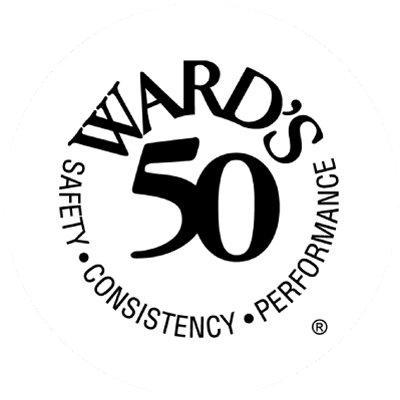Many people think “fudging” an insurance claim is a victimless crime, and that everyone does it, so it’s fine.
But it’s not. We all pay for the unscrupulous actions of others. According to the Coalition on Insurance Fraud, more than two-thirds of consumers say they believe insurance fraud happens because people believe they can get away with it. LegalDictionary.net states that, “It is estimated that approximately 10 percent of the insurance industry’s total annual losses are due to fraudulent claims. The high cost of fraudulent cases is passed down to insurance customers in the form of higher premiums.”
Insurance fraud is basically lying to obtain a benefit to which one is not otherwise entitled. Insurance fraud is not a “victimless” crime. According to FBI statistics, non-health insurance fraud costs $40 billion annually, and that fraud costs the average U.S. family between $400 and $700 per year in the form of increased premiums.
Insurance fraud can be classified as either hard fraud or soft fraud. Hard fraud occurs when someone deliberately plans a loss, such as an auto collision, theft, or fire that would be covered by their insurance policy. Soft fraud, much more common than hard fraud, may consist of policyholders exaggerating otherwise-legitimate claims, such as reporting more damage than actually occurred.
Merchants is working hard to make sure we don’t have to pay for these criminal activities. In November 2017, a Merchants’ policyholder in Pennsylvania pled guilty to insurance fraud and was sentenced to serve three years of confinement and ordered to pay restitution and court costs. A referral from Merchants in April 2017 was sent to detectives at the Northeast Pennsylvania Insurance Fraud Task Force. A criminal complaint was filed, charging the policyholder with insurance fraud and two counts of theft by deception. According to the complaint, it is alleged that in September 2016, the policyholder submitted a fraudulent claim to Merchants with fake supporting documentation for the theft of more than $18,500 in tools. In addition, the policyholder claimed that a $10,000 check and stereo components were also stolen from his truck. An investigation revealed that the policyholder had allegedly taken the tools he claimed had been stolen and sold several of them to a pawn shop in Pennsylvania.
Due to the sharp eyes, astute observations and knowledge of our investigators, as well as the support of Pennsylvania’s insurance fraud task force, we were able to avoid paying the fake claim.


